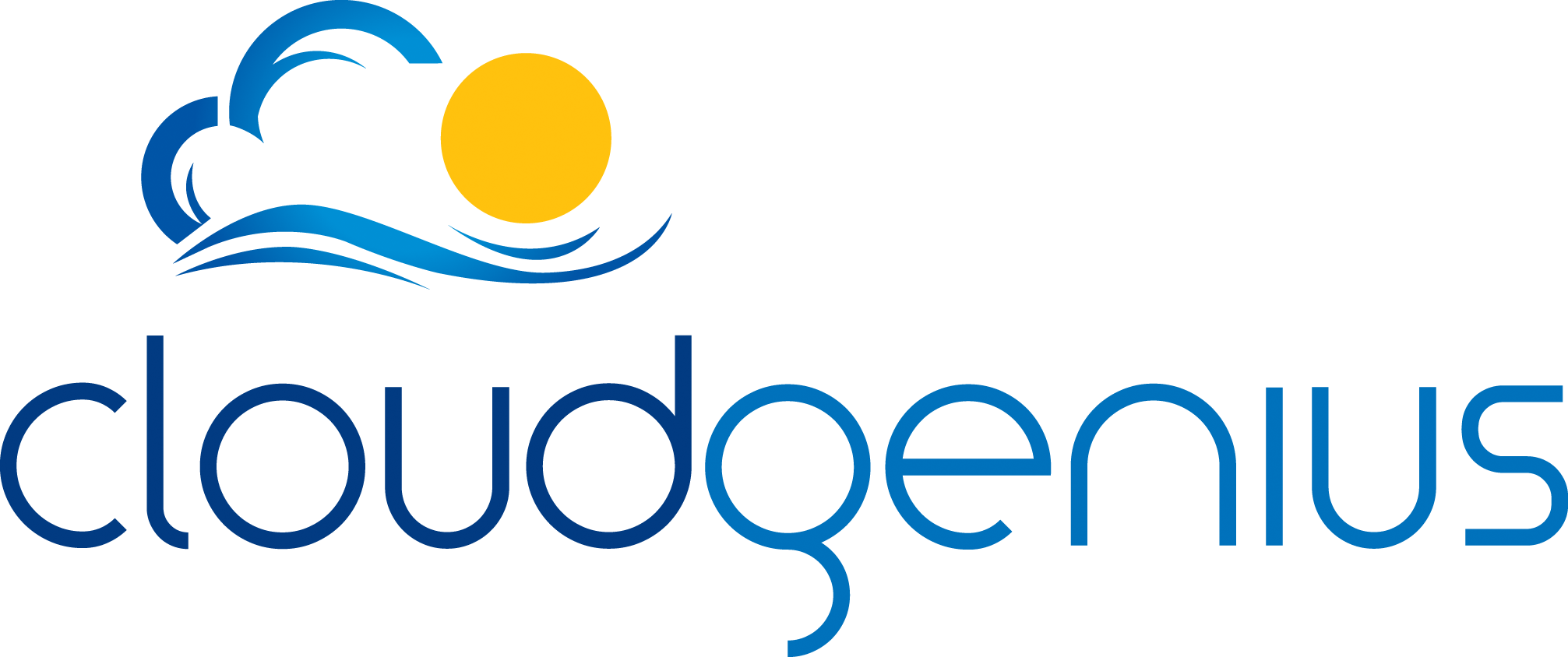19th May 2013 | Charity, General Information, Salesforce
As you may know, Salesforce directs 1% of its time and profits to helping in the charity/non profit sector. Salesforce is thriving, so that is a huge gift! Most of this work is channeled through the Salesforce Foundation. The Foundation has been doing some research on what makes for smooth implementation. Here are the results. Enjoy
Salesforce Foundation Survey Results
6th May 2013 | General Information, Web Hosting, Websites
Why do you use WordPress? Isn’t that a blogging platform?
I have been coding websites now for well over a decade (ouch, best part of two). In that time I have seen many fashions in website coding and design. Repeatedly I have seen one thing kill websites. You might guess that it is flaky servers or lack of security (they don’t help). However the thing that REALLY kills a website is when it cannot be maintained.
I have seen simply beautiful websites grow, flower and die a horrible death. As the number of pages grows and the interlinking becomes more complex the person maintaining it has given up. Guilt, overwork, abandonment!
It is possible in tools like Dreamweaver to use page templates to alleviate this, but only a little.
Step up to the plate Content Management Systems (CMS). Once the framework is set up, you just add content. You add another page, all the links are updated. You add another menu item, the site is all kept in step. You want a calendar of your articles… it does it all for you. You concentrate on your company/charity/creative mission. The computer does the donkey work. Hurrah!
There are lots of CMS about. Some cost tens of thousands of pounds. (Up until a few years ago, most of them did.) Now there are a few free ones. Joomla!, Drupal and WordPress are up among the stars of the bunch. These three all run on Linux, MySQL and PHP – but you don’t need to know that. They just work. Arguably, Joomla! and Drupal are aimed at huge sites and really need techies fed to them every so often. Simplest of the bunch is WordPress. If you can operate a word processor, you can operate WordPress. Some people say that all the WordPress sites look the same… well, out of the box they do. Get a good website developer to plug in some magic. Other people say ‘Ahhhh WordPress, that is just for blogging.’ That is where it came from. It did not stay there!

So I use WordPress because it is easy for my clients to keep the site up to date. Do you remember why sites die? Yes, lack of updating. Make it easy and it is less likely to die. Keep it updated and it will flourish. Your ranking will rise in Google. (Particularly if you let me install a nice search engine optimisation plug-in.) Link it to Twitter and Facebook and all your followers will know when there has been an update. Pretty soon you will be winning the Chelsey Flower Show of websites. (And your clients/customers will know about your business/charity/creativity.)
So, what are you waiting for? What was once difficult is now easy!
Here is another opinion about WordPress – WordPress – a web developer’s tutorial
2nd May 2013 | General Information
Having been to the Customer Company Tour at the ICC Excel Centre in London I can see that Salesforce is continuing to reach out to Charities and Non Profit organisations.
There are so many advantages for charities. For up to ten licences Salesforce will give you free access to their Enterprise product. (This is the same solution used by Coca Cola, GE, Guide Dogs, Accenture, G4S and so on.) If you need more than ten licences you get them at a discount rate through the Salesforce Foundation.
Charities do not get a cut-down product, they get the full product PLUS free customisations (the Non Profit Starter Pack) that gives extra functionality. As they are getting the same product as the big companies, charities get all the advances and stability that the big companies rely on.
Adding to my knowledge of VisualForce, Apex and Force.com. These go beyond the point and click customisation that most of Salesforce is configured with. They allow for a really deep customisation.
Thanks Salesforce – lets get this Force for Good working to promote the work of charities!

